At 25, Diksha Dagar stands as one of India's most accomplished and inspiring athletes. A two-time Olympian, a two-time Ladies European Tour (LET) winner, is an inspiration to countless girls in the country
who aspire to achieve something in the field of sport.
But not many know that the Haryana girl is the first golfer in history to compete in both the Olympics and the Deaflympics. Behind the accolades lies a journey of grit, silence, and an unwavering belief that limitations are only as strong as the mind allows.
Behind her glittering achievements lies a story of grit, silence, and an unshakeable belief that limitations are only as powerful as one allows them to be.
As the Arjuna Awardee golfer prepares to represent India at her third Deaflympics, scheduled to take place in Tokyo from November 15-26, Diksha sat down with myKhel for a candid conversation on her journey, early struggles, form this season, and the dreams she continues to chase.
A Childhood Framed by Silence
When Diksha was born in Jhajjar, her parents realised early that she did not respond to sound. Doctors diagnosed her with profound hearing impairment, a moment that could have defined her future forever. But her father, Col. Narinder Dagar, an Army officer and scratch golfer, refused to accept that destiny.
At just six, Diksha underwent a cochlear implant, introducing her partially to the world of sound. She could hear only from one ear. Balance was difficult; direction was a constant challenge.
In a sport like golf-where rhythm, spatial awareness, and precision are everything-her condition should have been a barrier. Instead, it became the beginning of an incredible story. "My father taught me everything," she recalls. "Golf became my way of expressing myself. "
Growing Up Without Sign Language
Unlike most deaf children, Diksha grew up in regular schools, unaware of sign language or the broader deaf community. "I didn't even know I was 'deaf,'" she says. "I thought I was just like everyone else. "
However, speaking fluently still took time and it was made possible only through regular speech therapy. A structured home environment helped her integrate seamlessly.
Her early years were defined by her parents' relentless commitment to ensuring she grew up without feeling "limited" by her impairment. Her father, Col Narinder Dagar, who himself was a former scratch golfer, introduced her to the game of golf.
At seven, she held a golf club for the first time. By 12, the southpaw was winning junior tournaments. And by 15, she had established herself among India's top female amateur golfers in the circuit.
A Lonely Start at Her First Deaflympics
At the 2017 Deaflympics, Diksha got an opportunity to represent India at the age of 16. Though was in a world that technically belonged to her - but felt distant. Why? She didn't knew how to communicate with fellow athletes. "I didn't know sign language. I didn't know what to expect. I felt too young and unaware. "
But she let her game speak. Diksha stunned everyone by winning silver, marking a sensational debut for India in a sport introduced to the Deaflympics for the first time.
Talking further, how difficult a game like golf can be for people with hearing impairments, the Haryana girl says, "People don't realise, when you hear from only one ear, you don't know where sounds come from. Balance is tough. But I never thought about it. My family made me feel normal. "
Her honesty reflects the emotional and physical strain athletes often hide behind medals and headlines.
From Deaflympics Silver to Olympic History
Diksha's career leapt forward again in 2021. A last-minute withdrawal by South African golfer Paula Reto opened a slot for India, and Diksha received an unexpected Olympic invitation.
She became the first deaf Indian athlete to compete in the Olympics, and the only golfer ever to play both the Olympics and Deaflympics.
She continued making history in 2022 when she won gold at the 2021 Deaflympics (held in Caxias do Sul), becoming the only golfer with two Deaflympic medals since golf was introduced to the Games.
Eyes Set On Gold in Tokyo
As she prepares for Tokyo, Diksha remains confident. "I am very excited because I am playing for my country," she says. "I've won a medal before. I can win a medal again. "
She admits competition has grown: "There were fewer girls earlier. Now more athletes are coming. The field is stronger - and that's good.
Diksha is among the rare Indian athletes who not only shine in disability events but also compete fiercely in able-bodied championships. She shares this distinction with para-archery sensation Sheetal Devi, whom she praises generously.
"Everything is possible," she insists. "Technology, cochlear implants, therapy - deaf people can live like normal people. You should never underestimate yourself. "
Talking about Sheetal Devi's rise to the able-bodied category despite having no arms, she pauses, then says with admiration: "Her achievement is huge. Competing with normal athletes shows her skill and courage. It creates awareness for everyone. It motivates us too. "
India is sending a record 111-member contingent across 11 sports including badminton, judo, shooting, wrestling, athletics, and golf. The Deaflympics, conducted by the International Committee of Sports for the Deaf (ICSD) and recognised by the IOC, is the second oldest multi-sport global event after the Olympics. In 2021, India secured 16 medals, their best-ever finish - a milestone Diksha hopes to help surpass.
Diksha Dagar's journey is not just about sporting excellence; it is about refusing to let adversity define your destiny. Her story is one of courage, resilience, and limitless ambition - a reminder that representation matters and dreams don't discriminate.
As she marches towards Tokyo, she carries India's hopes, but more importantly, she carries the dreams of millions who have ever been told "you can't. "
Diksha's answer is simple, powerful, and timeless: "Everything is possible. "
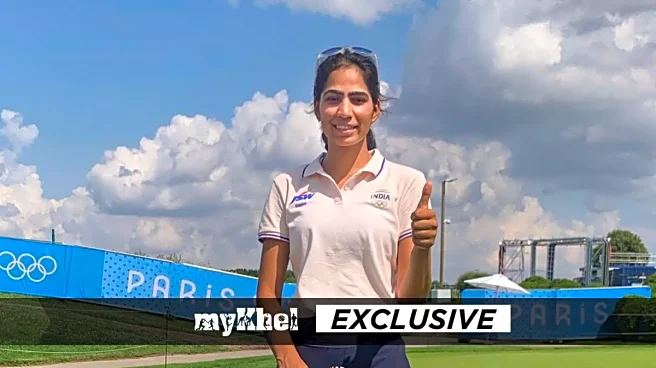

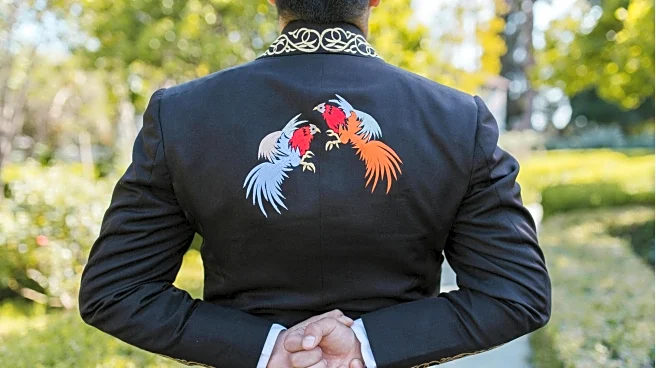


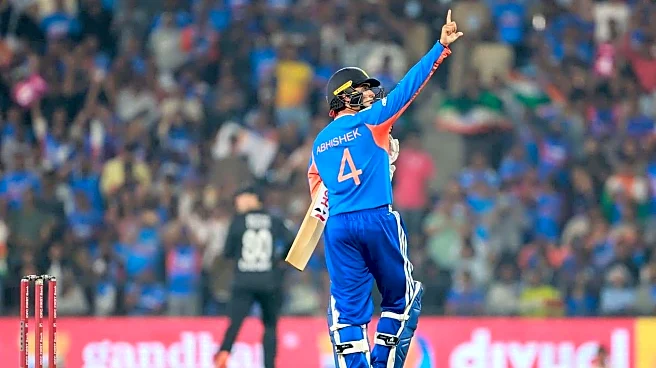
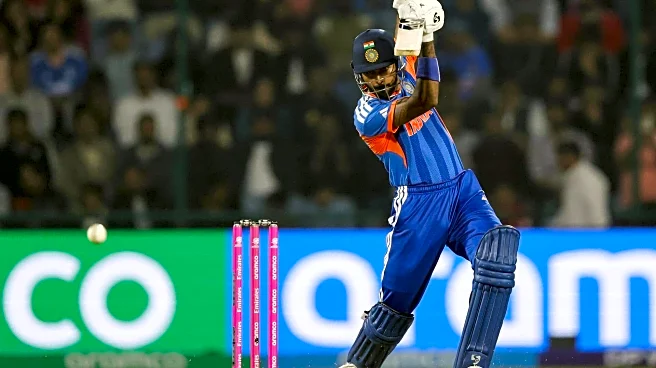
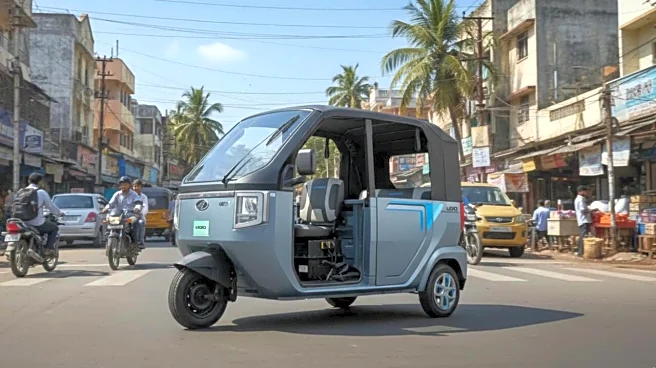

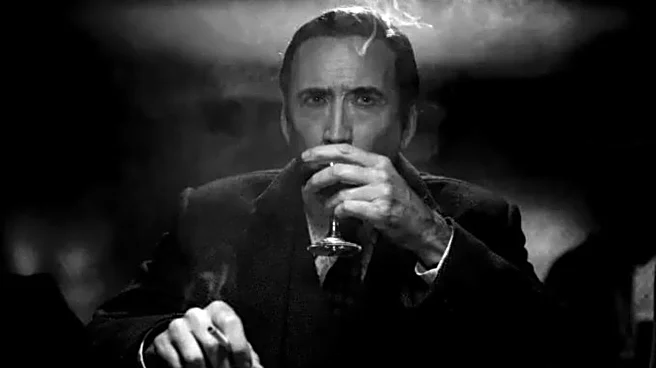
/images/ppid_59c68470-image-177095519003435839.webp)

/images/ppid_59c68470-image-177095526141973949.webp)
/images/ppid_59c68470-image-177095515658937155.webp)
/images/ppid_59c68470-image-177095522379556946.webp)